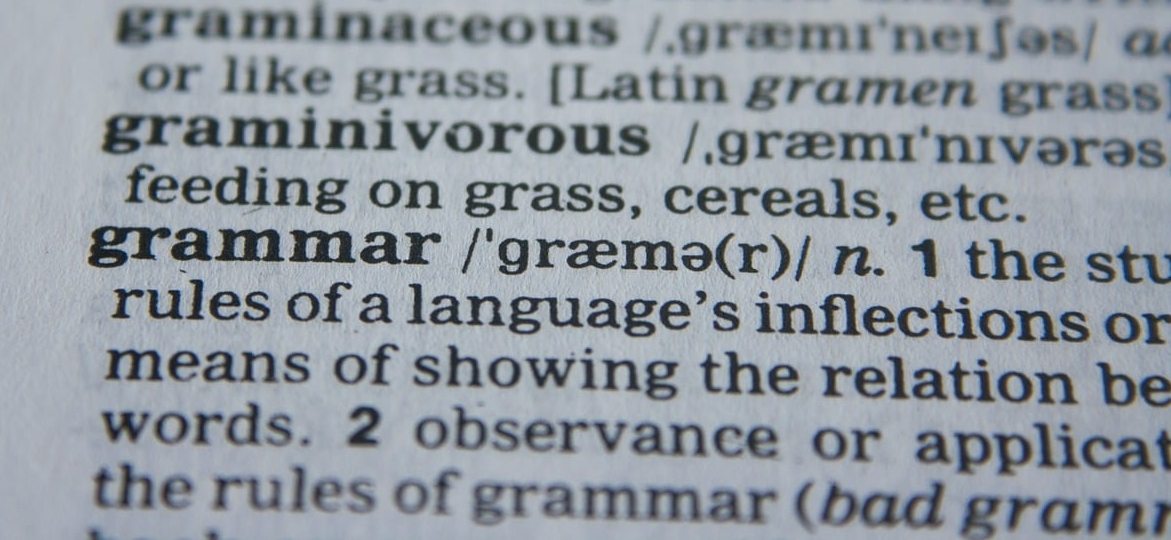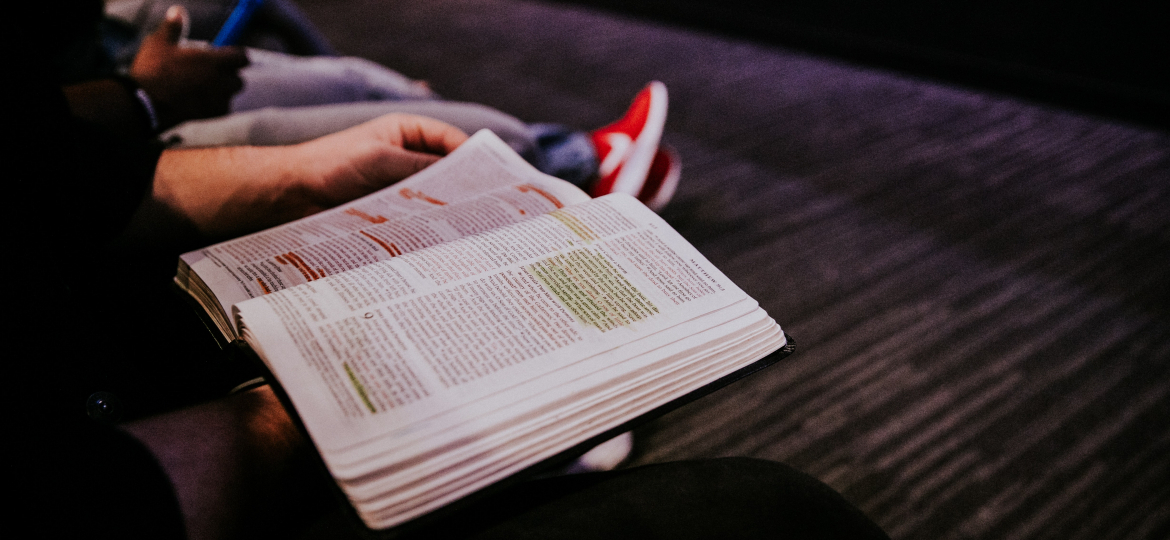In this article, we’re talking all things future in French. We’re going to dive into:
- What the French simple future tense is
- How to conjugate different types of verbs
- Asking questions in the future
- The difference between the French simple future and the close future
Finding the French future tense a little tricky? Read this article and all will become clearer!
If you wish to learn French from scratch or take the tests DELF, DALF or TCF revising all our french grammar and conjugation worksheets is always a great idea!
What is the French future tense?
Will you one day conquer the French language? Yes, you will!
If we were to translate that question and answer into French, we would use the French simple future tense. To put it simply, we use the simple future for events or actions in the future.
The French simple future is one of two future tenses in French, but we’ll get into that a little later.

Conjugating a verb in the French simple future tense
Like other tenses in French, the simple future conjugates according to the subject of the verb. To conjugate a verb in the French simple future tense, follow these steps:
- Take the verb in its infinitive form
- Add the appropriate ending according to the subject of the verb: -ai; -as; -a; -ons; -ez; -ont.
Here’s an example of how the common verb parler (to speak) conjugates in the future tense:
| PARLER | |
|---|---|
| je | parlerai |
| tu | parleras |
| il, elle | parlera |
| nous | parlerons |
| vous | parlerez |
| ils, elles | parleront |
Conjugating the auxiliary verbs être and avoir
As you’ll be well aware by now, the verbs être (to be) and avoir (to have) are irregular. To conjugate these verbs in the French simple future tense, it’s a case of learning the forms by heart.
Luckily, both verbs follow the same pattern that we have already seen:
| AVOIR | ÊTRE | |
|---|---|---|
| je | aurai | serais |
| tu | auras | seras |
| il, elle | aura | sera |
| nous | aurons | serons |
| vous | aurez | serez |
| ils, elles | auront | seront |
Conjugating irregular verbs in the French future tense
The French simple future tense is generally very regular; however, it wouldn’t be French if there weren’t at least a couple of exceptions to keep things interesting.
The table below shows how some of the most frequently used irregular verbs conjugate in the future:
| ALLER | POUVOIR | VOULOIR | FAIRE | |
|---|---|---|---|---|
| je | irai | pourrai | voudrai | ferai |
| tu | iras | pourras | voudras | feras |
| il, elle | ira | pourra | voudra | fera |
| nous | irons | pourrons | voudrons | ferons |
| vous | irez | pourrez | voudrez | ferez |
| ils, elles | iront | pourront | voudront | feront |
Conjugating verbs ending -yer and -er
In the table below, you’ll find a group of verbs that undergo changes in their conjugation in the future. Verbs ending in -yer, such as essayer (to try) and nettoyer (to clean), see their y transform into an i, whereas verbs ending in -er see the final consonant in the stem double.
Study them, learn them, repeat them!
| ESSAYER | NETTOYER | JETER | APPELER | |
|---|---|---|---|---|
| je | essaierai | nettoierai | jetterai | appellerai |
| tu | essaieras | nettoieras | jetteas | appelleras |
| il, elle | essaiera | nettoiera | jettera | appellera |
| nous | essaierons | nettoierons | jetterons | appellerons |
| vous | essaierez | nettoierez | jetterez | appellerez |
| ils, elles | essaieront | nettoieront | jetteront | appelleront |
Asking a question in the French future tense
And how will you use the simple future for questions, you might ask? Well, when it comes to questions, you have a few options in French:
- Use intonation: e.g. Ils seront prêts à partir à 16 heures ? (“Will they be ready to leave at 4 o’ clock?”)
- Invert the subject and verb: e.g. Pourrez-vous nous rejoindre ? (“Will you be able to join us?”)
- Add the magic phrase est-ce que: e.g. Est-ce que tu y iras seul demain ? (“Will you go there alone tomorrow?”)
Forming a negative sentence in the simple future
The negative in French is usually denoted with two keywords: ne… pas. Just like with other simple tenses, such as the present, these two words go either side of the verb in order to form a negation.
Let’s take an example:
Je ferai mes devoirs demain (“I’ll do my homework tomorrow”) becomes je ne ferai pas mes devoirs demain (“I won’t do my homework tomorrow”) in the negative.
Differentiating between the French simple future tense and the near future
Now you’re clear on using the French simple future, let’s talk about how it differs from the other future tense: the near future.
The near future is formed by taking the verb aller conjugated according to the subject, plus the verb in the infinitive. Let’s look at some examples:
- Je vais aller au supermarché cet après-midi (“I’m going to go to the supermarket this afternoon”)
- Nous allons partir en vacances en Italie cet été (“We are going to go on holiday in Italy this summer”)
- Ils vont parler avec leur professeur (“They’re going to talk to their teacher”)
The near future is used for events in the future that will certainly take place, whereas the simple future is reserved for less certain events taking place in the more distant future.
Revising with GlobalExam
If you’re in need of some practice with the French simple future, look no further than GlobalExam. Our online learning platform offers revision sheets and exercises dedicated to specific grammar topics, such as the French simple future tense.
Learning French online couldn’t be easier, don’t delay!
More articles on French conjugation:
- French Conjugation: All you need to know about Verbs And Tenses
- Past Participle Tense In French: Regular And Irregular Verbs
- What Is The Imperfect Tense In French? Structure And Examples
- French present Tense: How Does The Conjugation Work?
- Subjunctive In French:Practice The Conjugation And Phrases
- What Are The Reflexive Verbs in French? Worksheets And Exercises
- Conditional Tense In French: Understanding The Structure



